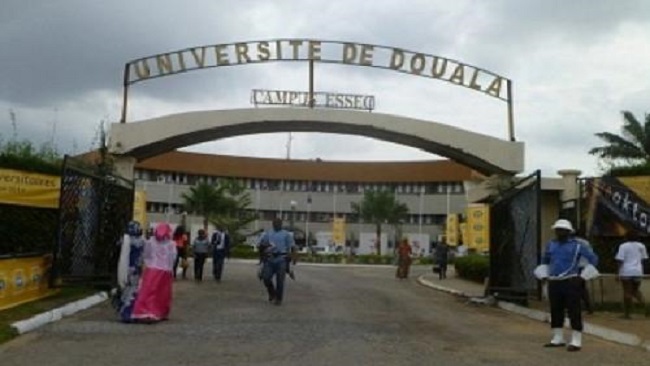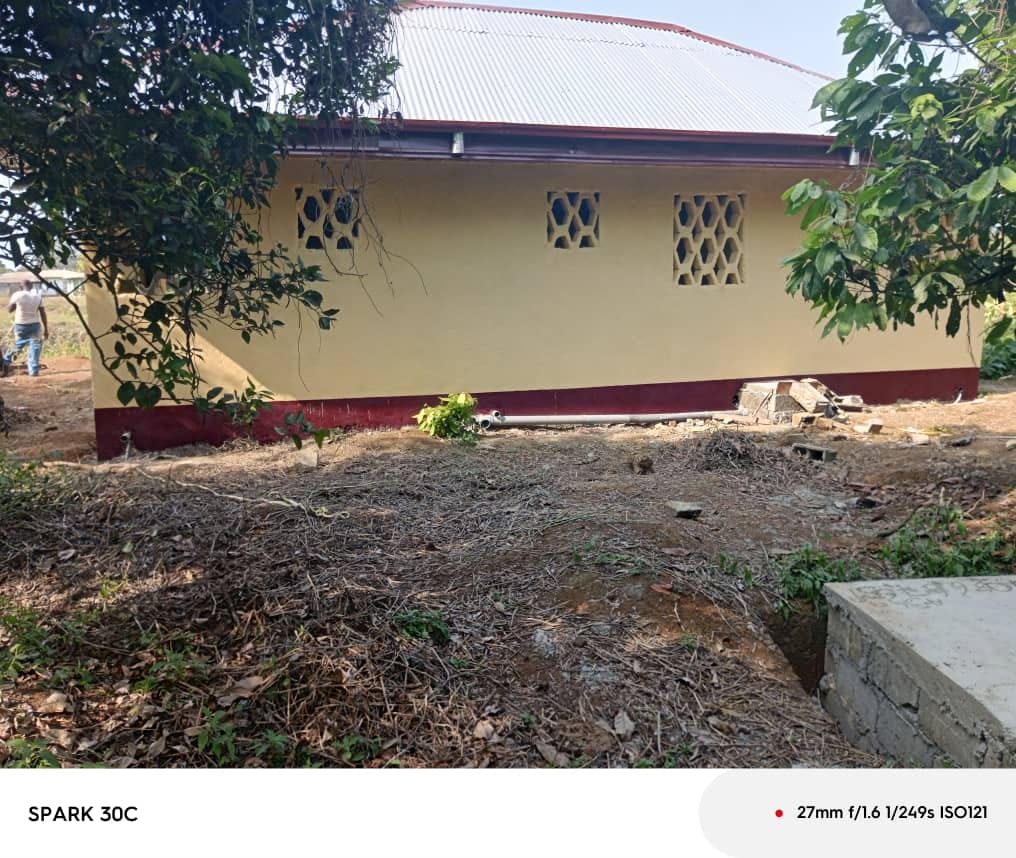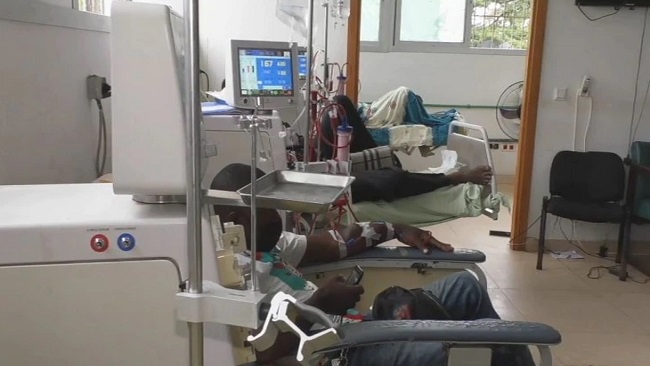8, April 2025
CRTV pays 850M CFA Francs, settling artist royalty arrears 0
State broadcaster, CRTV, has cleared its 850 million CFA franc debt to artists, settling royalties owed for the 2015-2017 period.
The final payments, totaling 531.25 million CFA francs, were disbursed after an initial 318.75 million CFA franc installment in December 2024. This resolves the second tranche, also 318.75 million CFA francs, due since December, and the third, 212.5 million CFA francs, due since February 2025.
These arrears stemmed from the use of artistic works, including songs, photos, and books, broadcast, performed, or adapted by CRTV. The payments cover rights holders represented by the former Collective Management Organizations (OGCs) authorized before December 2017: Sociladra, Scaap, CMC, Socam, and Socadap. A memorandum of understanding governing the settlement was signed between these OGCs and CRTV on September 4, 2024.
The announcement comes after artists began a strike on April 2, 2025, outside the Prime Minister’s office, demanding the owed royalties. This payment appears to address their demands.
“This outcome will give artists some breathing room,” said Élise Mballa Meka, general supervisor of the Special Collection Operation for Royalty Arrears (Orsar).
Sam Mbende, deputy general supervisor of Orsar, added that “the five OGCs will proceed with a social distribution of the funds in the coming days, for the benefit of the rights holders of the reference period (2015-2017).”
In July 2021, Sam Mbende, then vice president of the Special Commission for the Recovery of Royalty Arrears, revealed that approximately 25 billion CFA francs ($41 million) in arrears were owed by roughly 30 companies and users following six months of fieldwork across Cameroon. He highlighted that three brewing companies alone owed 16 billion CFA francs ($26 million) for the 2005-2017 period, according to the former chairman of CMC’s board.
Source: Sbbc




























17, April 2025
Afrobeats star Davido says Nigerian culture is having a moment 0
“We’re very popular, not only in music,” the 32-year-old Afrobeats star told AFP during a recent interview in Paris, pointing to the film, food and fashion influence his country is increasingly exporting to the rest of the world.
Even amid criticism from some that American artists are starting to crib from Afrobeats’ sound, his response is: “I like it.”
And yet, the Nigerian-American artist — a self-described citizen of the world — sees the future of the continent tied to those who stay home, rather than its influential diaspora.
“Everybody always has the American dream,” he told AFP. “Every kid that grows up in Africa wants to visit America. That’s cool. It’s okay to visit, but don’t leave your people and go there.”
Those might be tough words to swallow for his compatriots battling the worst economic crisis in a generation.
In recent years, “japa” — the Yoruba word for “escape” — has become country-wide slang for emigrating to greener, and richer pastures.
Davido, born David Adedeji Adeleke in Atlanta, in some ways straddles the tension between a growing, bustling Nigeria of more than 200 million people and a world that finally seems to be waking up to the so-called Giant of Africa.
Speaking to AFP ahead of the release of his new album, “5ive” — out Friday — he confidently says the record “is going to touch every part of the world.”
“We have music for the French people. We have music for the Caribbean people. We have music for the Americans, Africans, everybody,” he said.
“It’s like a full, global package album.”
– Eight million monthly listeners –
With some more than eight million monthly listeners — including Britain’s King Charles — Davido is riding, and shaping, the global Afrobeats craze.
But Davido himself is also a product of African music.
“I grew up in an African household where we were always throwing parties, music was always playing in the house, going in the car to school, my parents playing music,” he enthusiastically recalled.
As a teenager, a cousin in the industry took him to a studio, where “for the first time, I saw somebody create music… African music.”
“That’s when I fell in love with it,” said Davido, spotting a grey conical woollen cap and jewellery dangling over a black T-shirt.
A few years later, he was mixing and mastering his own tunes by the age of 16, drawing inspiration from artists such as P-Square, a Nigerian duo that drew some of their hits from American influences such as Michael Jackson.
Davido now sees artists’ musical influence flowing across the Atlantic in the other direction.
“It’s a privilege for another culture to try to imitate what you’re doing,” he told AFP in response to a question about critics who accuse American artists of trying to mime Afrobeats’ style.
“In Nigeria we do hip hop too. We have rappers that rap. We have people that do R&B.”
“Music is a universal language. So I don’t see any problem with that.”
Davido counts among some of his popular tracks “Unavailable” and “Aye”.
– ‘African music has changed narrative’ –
For all his worldly outlook, Davido said he hasn’t lost focus on Nigeria.
“We’ve been going through hard times,” he told AFP. “Nigeria is a very rich country with so much talent, so much grace, so much opportunity.”
“I was asked a question saying, why don’t we sing about (Nigeria’s struggles) in our music?” he recalled. “I was like, man, that’s not the type of music my people would really like to hear.”
“I have sung about it in the past. But I’m very vocal about it more in Africa than in America.”
As he prepares to embark on a world tour — including stops in Paris, London, New York, Atlanta, and Los Angeles — he knows where at least part of his success has come from.
“African music has changed the narrative of how Africans are looked at around the world.”
Source: AFP